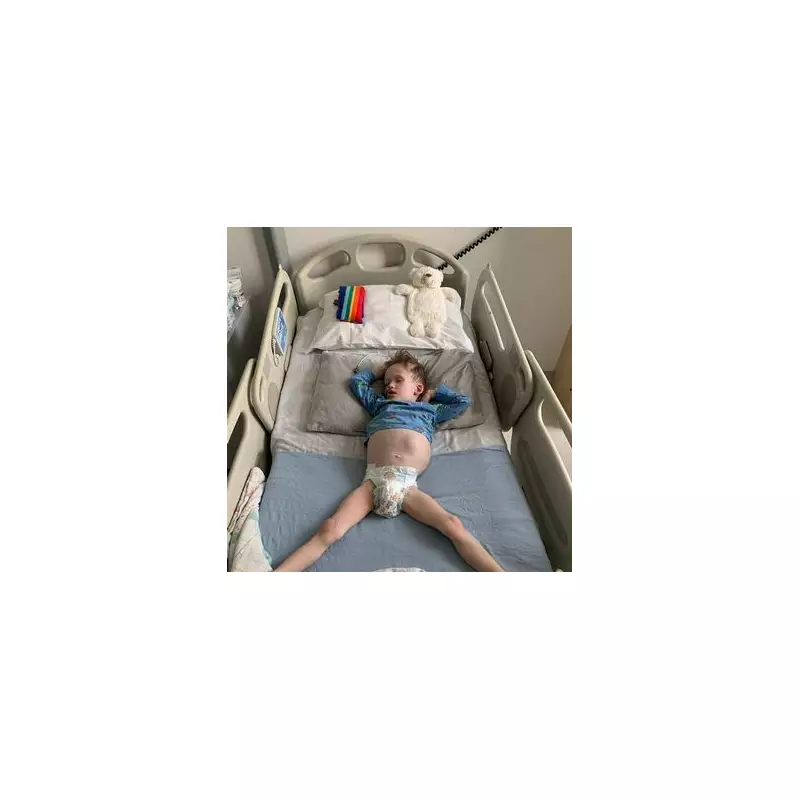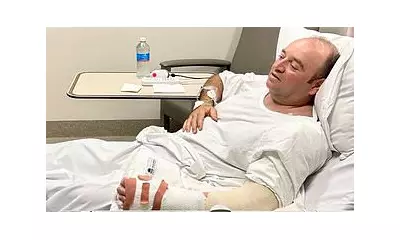
A family doctor has shared a devastating account of how she followed official NHS guidance for her ill son, only for him to develop life-threatening sepsis hours later.
Dr. Kate McHale, a practising GP, is now speaking out to warn other parents after her family's nightmare ordeal. She described the agonising decision to send her own child away based on her medical training, a decision that nearly cost him his life.
A Mother's Instinct Versus Protocol
When Dr. McHale's son, Tommy, fell ill with a high temperature, vomiting, and lethargy, she did what any GP would do: she assessed him against the official NHS guidelines for childhood illnesses.
"As a GP, I'm trained to follow the protocols," she explained. "He didn't have the specific red flags for sepsis at that moment. I sent him to his grandparents, thinking it was a nasty virus."
The Rapid Descent Into Crisis
Within hours, the situation deteriorated catastrophically. Tommy's condition worsened dramatically, and he was rushed to the hospital. Doctors delivered the terrifying diagnosis: he was in the grip of severe sepsis, a life-threatening response to an infection.
"He was dying from sepsis," Dr. McHale stated bluntly. The once-vibrant boy was now fighting for his life in a paediatric intensive care unit, his body succumbing to the vicious infection.
The Agonising Road to Recovery
Tommy endured a gruelling battle. He spent weeks in the hospital undergoing intense treatment. The sepsis had wreaked havoc on his small body, and the road to recovery was long and painful for the entire family.
Thankfully, Tommy survived, but his story serves as a chilling cautionary tale about the stealthy and rapid nature of sepsis, especially in children.
An Urgent Warning to Every Parent
Dr. McHale is now using her family's traumatic experience to raise awareness. Her message is clear: parents must trust their instincts above all else.
"If you feel something is seriously wrong, even if you don't have a rash or all the symptoms they tell you to look for, seek help immediately," she urges. "You know your child better than any protocol. Don't be afraid to challenge and ask, 'Could this be sepsis?'"
Her powerful story highlights the critical importance of early detection and the sobering reality that even medical professionals can be caught off guard by this deadly condition.





